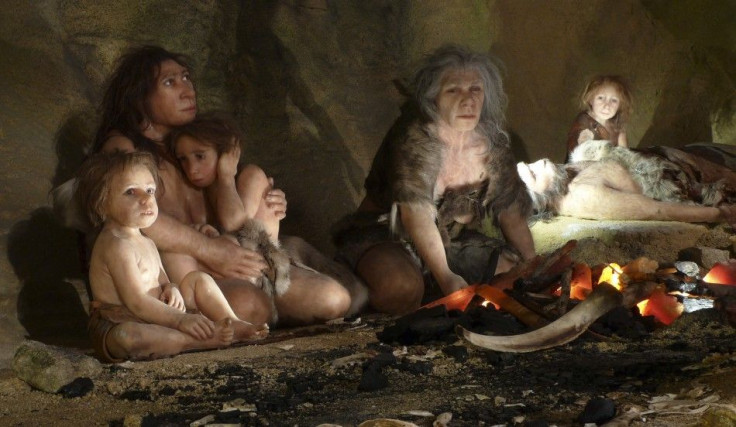Human Ancestors Had Sex with Now-extinct Relatives

A new research indicates that our ancient human ancestors may have bred with a now extinct species of humanity before migrating from Africa to Eurasia.
Modern humans, known as Homosapiens, are now the only surviving species of humanity while other who once roamed the Earth, made their way out of Africa before humans did.
Recent genetic analysis of fossils from other ancient human species, such as Neanderthals in West Asia and Europe and the Denisovans in East Asia, have revealed that they once interbred with Homosapiens, giving modern humans genetic mutations that protected them as they began expanding across the globe about 65,000 years ago.
We found evidence for hybridization between modern humans and archaic forms in Africa. It looks like our lineage has always exchanged genes with their more morphologically diverged neighbors, Michael Hammer of the University of Arizona told TG Daily.
Now scientists have made another discovery that may help them piece together the genetic lineage of modern humans. Researchers from the University of Arizona, who recently analyzed the human genome, discovered that our species mated with a previously unknown species of humanity before our ancient ancestors even left Africa with approximately two percent of contemporary African DNA perhaps coming from this lineage.
In comparison, recent estimates suggest that Neanderthal DNA makes up one percent to four percent of modern Eurasian genomes and Denisovan DNA makes up four to six percent of modern Melanesian genomes.
Because of the warm temperatures in Africa, DNA from ancient human fossils located on the continent has not survived, making it difficult for researchers to accurately pin down the variety of human species that Homosapiens may have interbred with. However, Hammer and his colleagues were able to gather DNA samples from the Center for the Study of Human Polymorphisms and sequence about 60 regions of human genomes from samples taken from six different populations living in Africa today in order to find an ancient genetic connection.
We need to modify the standard model of human origins in which a single population transitioned to the anatomically modern state in isolation -- a garden of Eden somewhere in Africa -- and replaced all other archaic forms both within Africa and outside Africa without interbreeding, Hammer, told LiveScience.
Using simulations to predict what ancient DNA sequences would have looked like had they survived within the DNA of modern human cells, the team tried to match up the modern human sequences with what they expected those sequences to look like in their antiquated form.
We discovered three different genetic regions fit the criteria for being archaic DNA still present in the genomes of sub-Saharan Africans, said Hammer. Interestingly, this signature was strongest in populations from central Africa.
The researchers mainly focused on three populations that presented a good sample of the geographic and cultural diversity of sub-Saharan Africa. They were Mandenka farmers in western Africa, Biaka Pygmies in west-central Africa and the San Bushmen of southern Africa.
Researchers looked for unusual patterns that suggested ancient interbreeding with other species. This included a search for long haplotypes, or sets of DNA sequences, not seen in other modern human groups, the idea being that while short haplotypes could potentially be explained by a few chance mutations within these modern human populations, comparatively long haplotypes were instead likely inherited from a significantly different lineage.
A strong evidence of genetic mixing was discovered in the Biaka and San, in the form of a trio of unusual haplotypes. By comparing these sets of genes with those from comparable Homosapiens, the researchers estimated that the unusual genes may have come from a lineage that first diverged from the ancestors of modern humans about 700,000 years ago.
In order to get a better picture of how ancient interbreeding might have occurred, Hammer's team wants to study the entire genome sequences of several modern human groups in Africa.
Moreover, researchers are also interested in searching for ancient DNA from this extinct human species that may have conferred an evolutionary advantage to their hybrid offspring.
© Copyright IBTimes 2024. All rights reserved.





















